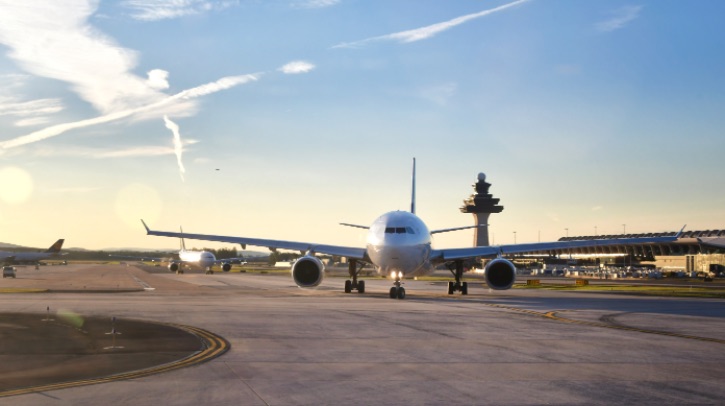The French Government is considering further increases in aviation taxes as part of a general package of new taxes to address the country’s national debt.
Impact of higher aviation taxes
IATA, Airlines for Europe (A4E) and ACI Europe have all warned that tax rises on air transportation would damage the French economy and reduce the ability of the sector to to invest in decarbonization.
According to IATA, the evidence is that countries with higher aviation taxes have recovered slowest from the pandemic shutdown. A4E and ACI Europe also pointed to the precedents of countries such as Austria, Ireland, the Netherlands and Sweden backtracking and having abolished or reduced their aviation taxes due to the negative spillover effect on their economies.
Industry concerns
Willie Walsh, director general of IATA, said, “If these tax proposals are implemented it will be a disaster for France. You cannot tax yourself to prosperity. Aviation is a driver of employment and prosperity, as well as a proven accelerator of growth in other parts of the economy. It is essential that the French Government instigate an impact assessment of these taxes. The proposal smacks of panic and a lack of joined-up thinking. Is the government aware that France has fewer passengers and serves fewer destinations than it did before the pandemic? Isn’t the Minister for Tourism concerned that the target of reaching 100 million tourists will be undermined by these taxes? How does the Environment Minister think that extracting €1bn [US$1.1bn] from French aviation will help with the massively expensive transition to sustainable aviation fuels? What has the Prime Minister to say about these taxes falling hardest on French businesses and harming French jobs? The Swedes have responded to their sluggish growth by abolishing their aviation tax. France should learn from their example. The only answer for France’s deficit is to grow its economy and widen the tax base, not tax the productive parts of the economy to a standstill.”
Olivier Jankovec, director general of ACI Europe, added, “Raising aviation taxes is the poster child of short-term thinking in politics. If confirmed, this new plan would inadvertently weaken the competitiveness of French aviation, penalize citizens and, ultimately reduce the sector’s economic contribution. As we have repeatedly pointed out, every 10% increase in direct connectivity leads to a 0.5% rise in GDP per capita. “The French Government would de facto choose quick cash over durable economic competitiveness. This plan is even more concerning given the aviation sector’s ongoing transformation to meet ambitious net-zero goals – with the recent Draghi report acknowledging that European aviation will need €61bn [US$67bn] every year to get there. If anything, more financial support from the government is what is required, not additional taxation.”
Ourania Georgoutsakou, managing director of A4E, said, “This proposal to increase French aviation taxes would be counterproductive, would fragment the single aviation market and would undermine the competitiveness of French aviation. Any short-term revenue gains the government expects would be far outweighed by reduced connectivity, and poorer consumer welfare and would set back aviation’s decarbonization efforts. Diverting funds from the industry through increased taxes ultimately means less investment in crucial decarbonization measures.”
In related news, Wilmington International Airport (ILM) in North Carolina recently received US$20m in federal grants to support its capital improvements. The grants were funded by the Bipartisan Infrastructure Law (BIL) and the FAA’s Airport Improvement Program (AIP). Click here to read the full story.


